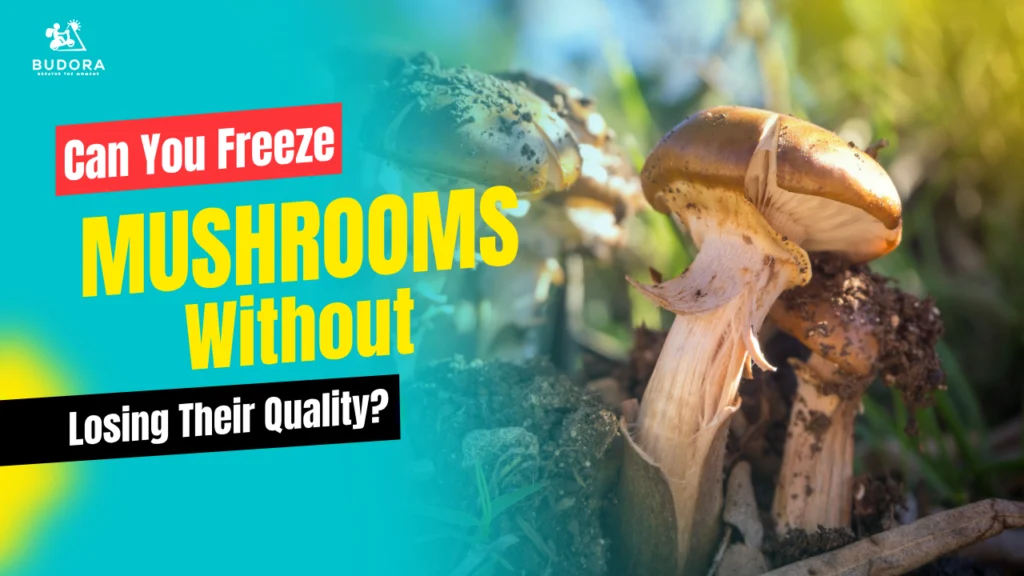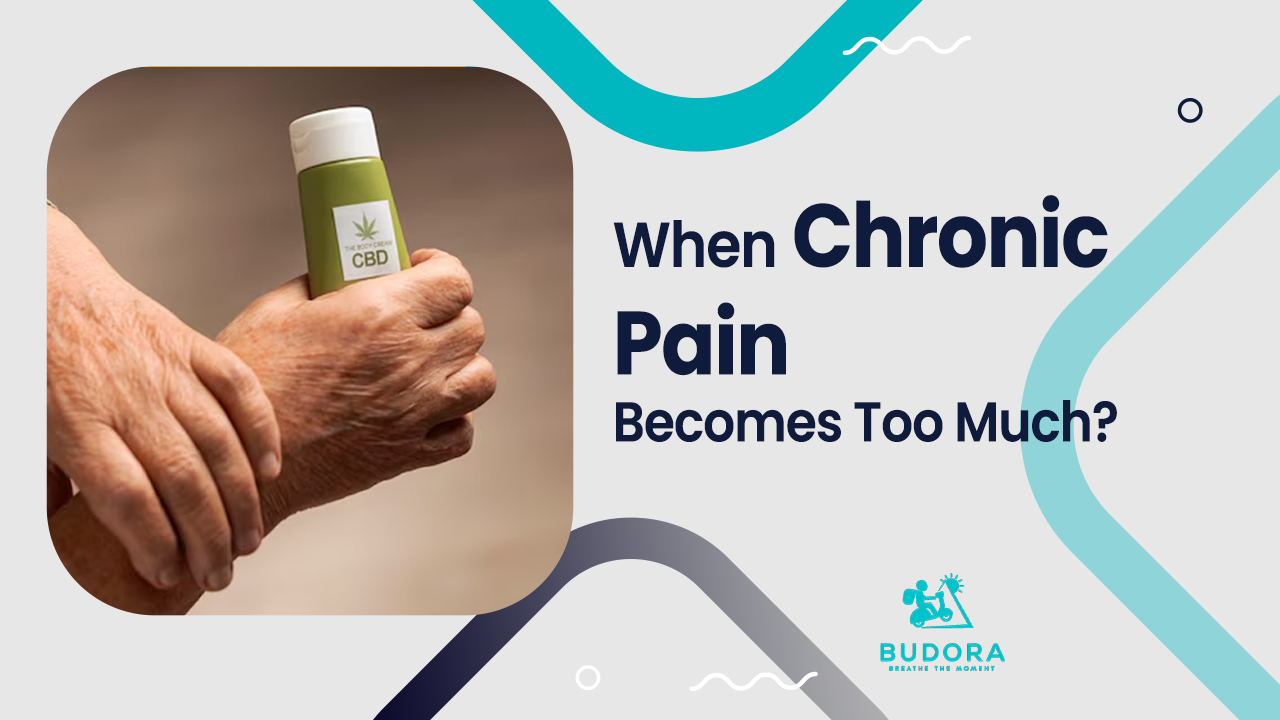
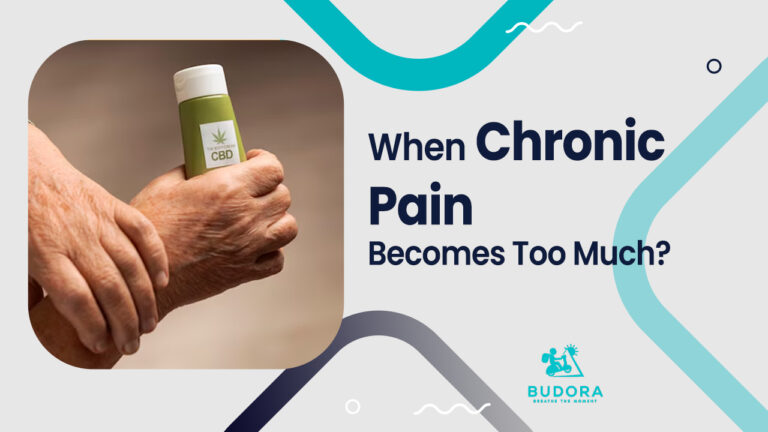
When Chronic Pain Becomes Too Much
- Budora
Chronic pain is more than just discomfort—it can be debilitating, affecting mental health, daily activities, and overall well-being. When chronic pain becomes too much to bear, finding effective management strategies is crucial.
Key Takeaways
- Understanding Chronic Pain – Chronic pain lasts beyond 3 to 6 months and is often linked to conditions like arthritis, fibromyalgia, and nerve damage. It significantly impacts daily life and mental health.
- When Chronic Pain Becomes Overwhelming – Severe chronic pain affects mobility, sleep, and emotional well-being, leading to anxiety, depression, and reduced quality of life. Seeking timely medical support is essential.
- Treatment Options for Chronic Pain – Effective management includes medications, physical therapy, lifestyle adjustments, and alternative treatments like acupuncture or medical cannabis.
- Is Chronic Pain a Disability? – In severe cases, chronic pain can qualify as a disability. In Canada and other countries, disability benefits may be available for individuals unable to work due to chronic pain.
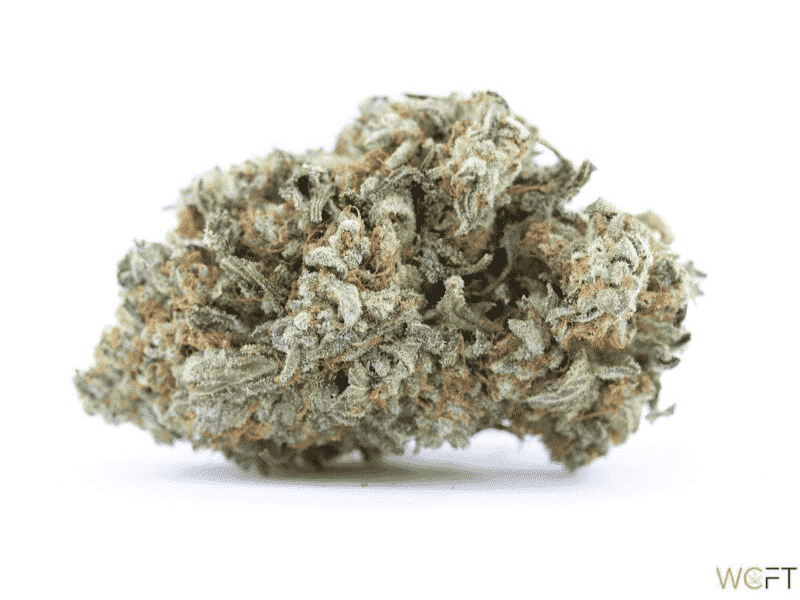
What to Do If Airport Security
- Stay Calm: Security officers are trained to handle cannabis-related concerns professionally.
- Provide Documentation: If carrying medical cannabis, ensure you have valid documentation.
- Know Your Rights: As long as you follow possession limits, you are within your legal rights to travel with edibles domestically.
What is Chronic Pain?
Chronic pain refers to persistent pain lasting more than three to six months, even after the original injury or illness has healed. Unlike acute pain, which serves as a warning sign, chronic pain continues without an obvious cause, affecting both physical and emotional health.
Common causes include:
- Arthritis & joint disorders
- Nerve damage (neuropathy)
- Fibromyalgia & muscle pain conditions
- Post-surgical pain
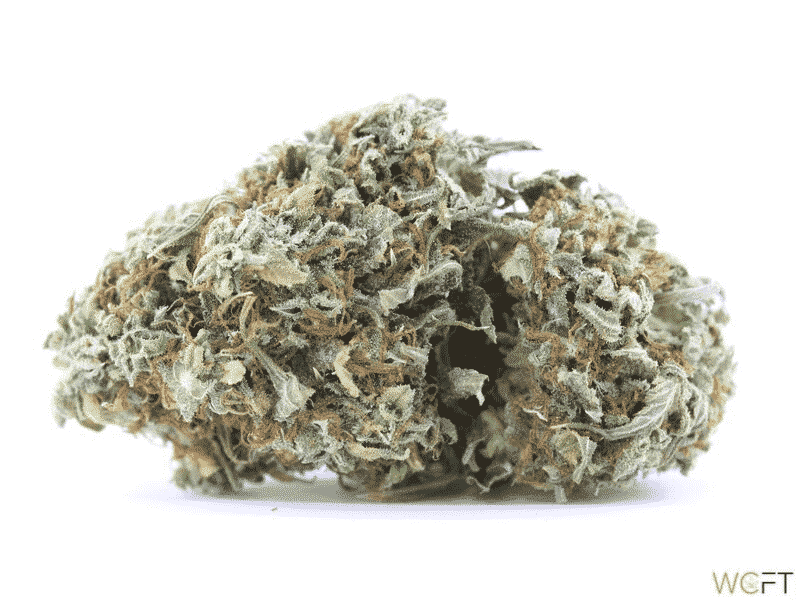
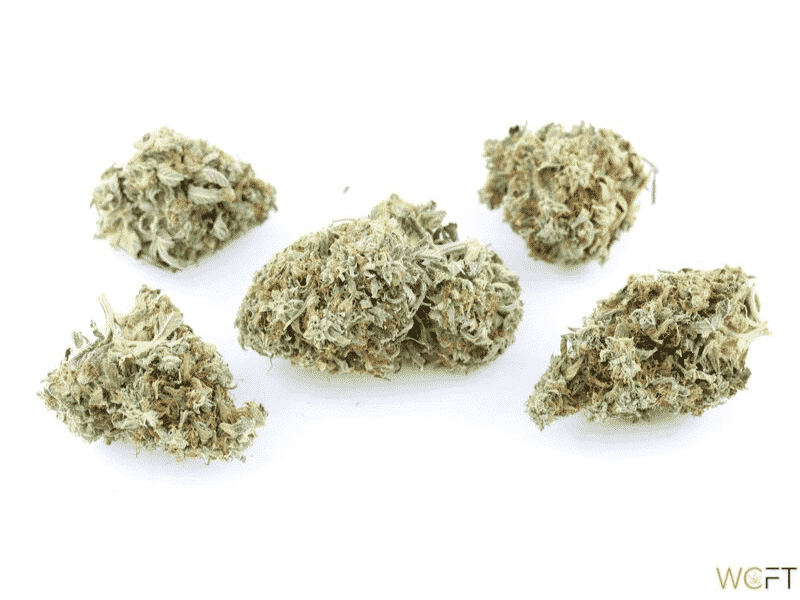
What is Chronic Pain Disease?
Chronic pain disease is a standalone medical condition, not just a symptom of another issue. It occurs when pain signals persist due to nervous system dysfunction. Examples include:
- Fibromyalgia – Widespread pain with fatigue & memory issues.
- Chronic migraines – Frequent, debilitating headaches.
- Neuropathic pain – Nerve-related pain, often caused by diabetes or injury.
What is Chronic Pain Syndrome?
Chronic Pain Syndrome (CPS) goes beyond physical pain—it also causes psychological distress like anxiety, depression, and insomnia. The pain itself becomes the center of a person’s life, affecting mental well-being, social interactions, and work productivity.
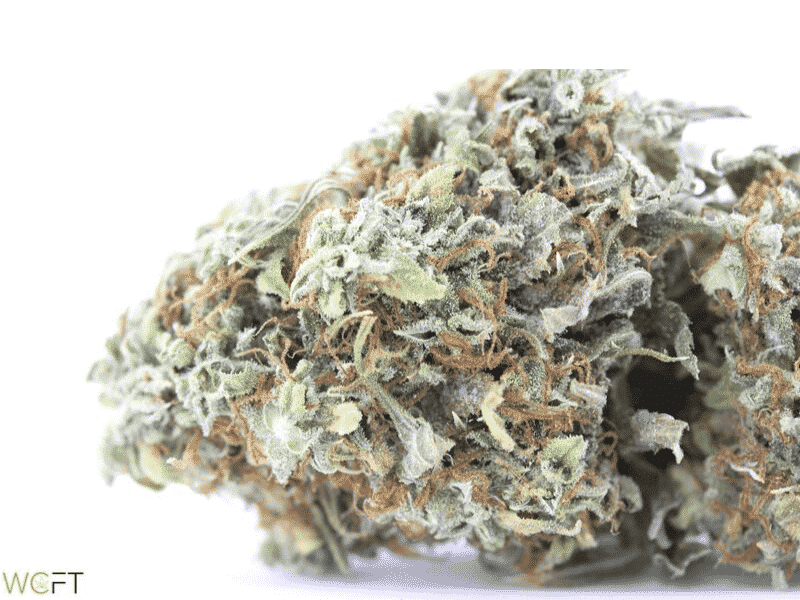
When Does Chronic Pain Become Too Much?
- Disrupts daily activities (walking, working, sleeping).
- Affects mental health (causing depression or anxiety).
- Leads to social isolation (avoiding interactions due to pain).
- Prevents enjoyment of hobbies, travel, or relaxation.
If chronic pain is consuming your life, it’s time to seek professional medical guidance and explore treatment options.
What is the Best Pain Medication for Chronic Pain?
There’s no one-size-fits-all medication. Treatment depends on the type & severity of pain. Common options include:
- NSAIDs (Ibuprofen, Naproxen) – Reduce inflammation & pain.
- Acetaminophen (Tylenol) – Helps with mild to moderate pain.
- Opioids (Oxycodone, Morphine) – For severe pain, but with addiction risks.
- Antidepressants (Amitriptyline) – Useful for nerve pain & mood regulation.
- Anticonvulsants (Gabapentin, Pregabalin) – Help with nerve-related pain.
- Medical Cannabis (CBD, THC-based products) – Some find relief through cannabis.
Important Note: Always consult a doctor before starting any pain medication to ensure safe & effective treatment.

Conclusion
When chronic pain becomes too much, it’s crucial to seek professional medical help and explore various treatment options. Understanding chronic pain, chronic pain disease, and chronic pain syndrome can help you find the best approach for pain relief. Whether through medication, therapy, or lifestyle changes, pain relief is possible. If chronic pain is interfering with your life, take action today!
FAQs – Chronic Pain & Disability
Is Chronic Pain a Disability?
Is Chronic Pain Syndrome a Disability?
Is Life Worth Living with Chronic Pain?
Is Chronic Pain a Disability in Canada?
Like this article?
Budora
OTHER ARTICLES YOU MAY LIKE



